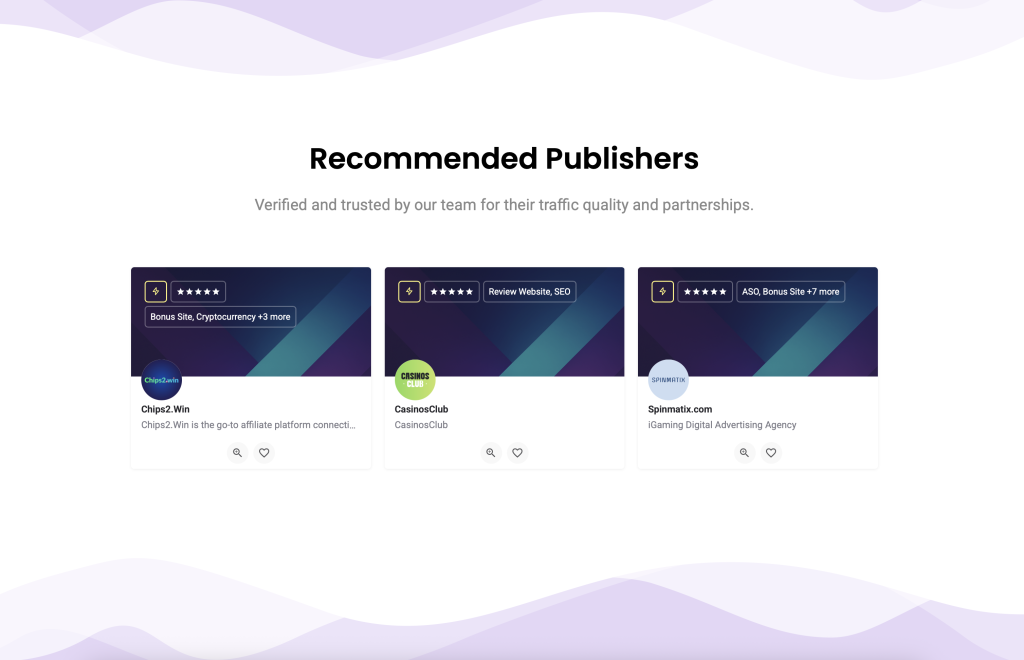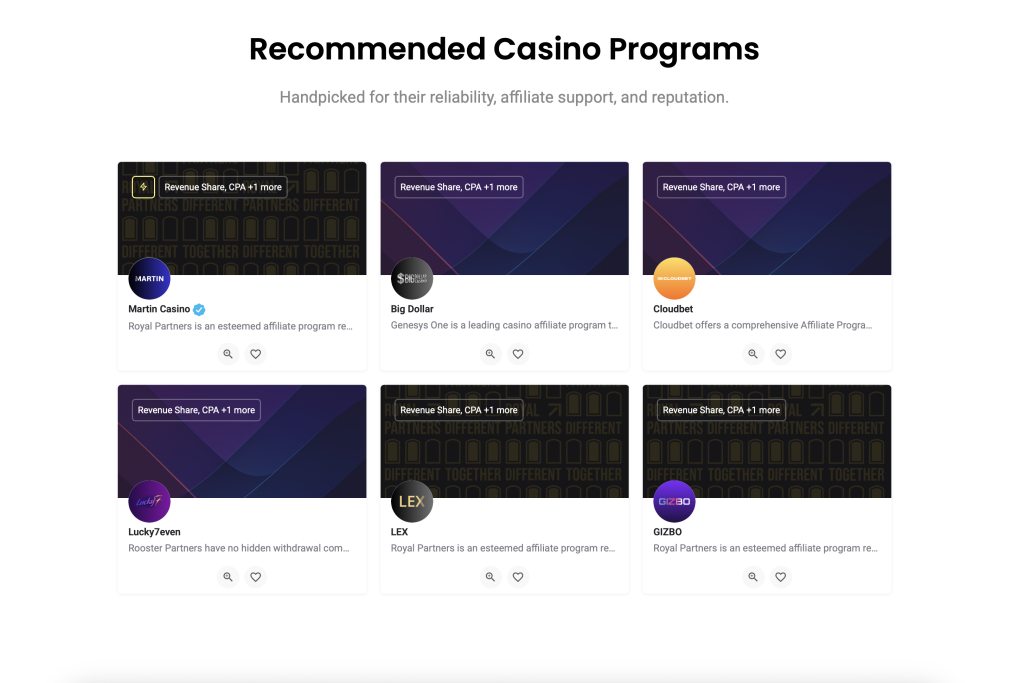iGaming Companies Champion Responsible Gambling through Collaboration

Collaborating for Change: How iGaming Companies are Joining Forces for Responsible Gambling
As the allure of online gambling intensifies, so do the concerns surrounding addiction and irresponsible betting. Recognizing these challenges, iGaming companies are taking a collective stand, uniting for the cause of responsible gambling. This collaborative approach reflects a paradigm shift in the industry, marking a transition from competition to cooperation for the greater good.
The Drive Behind Collaborative Efforts
- Public Concerns and Reputation: A rising number of gambling-related problems can tarnish the image of the entire iGaming industry. By championing responsible gambling, companies aim to improve public perception and maintain trust.
- Regulatory Scrutiny: With governments worldwide paying closer attention to online gambling, collaborating on responsible gambling initiatives can preempt stringent regulations and show regulators that the industry is committed to self-regulation.
- Player Retention: A player facing gambling problems is less likely to be a long-term customer. By promoting responsible gambling, companies can foster a sustainable customer base.
Notable Collaborative Initiatives in iGaming
- Shared Self-Exclusion Tools: Multiple companies have come together to develop shared databases where players can self-exclude from all participating platforms simultaneously, ensuring they receive a break from gambling activities across the board.
- Joint Awareness Campaigns: iGaming companies are pooling resources to launch widespread awareness campaigns, educating players about the risks of gambling addiction and promoting responsible play.
- Unified Age Verification Systems: To curb underage gambling, companies are collaboratively creating robust, standardized age verification systems, ensuring minors are kept out of betting platforms.
- Shared Research and Development: Leading iGaming entities are jointly funding research to better understand gambling behaviors and addiction triggers, paving the way for more effective interventions and safer gaming environments.
Challenges and Future Prospects
While collaboration presents a promising way forward, challenges persist:
- Competitive Concerns: Sharing data and tools might raise concerns about competitive advantage. Ensuring that collaborations maintain a fair competitive landscape is crucial.
- Standardization: With various companies using different technologies and standards, aligning on a unified approach can be complex.
- Legal and Privacy Hurdles: Sharing user data across companies, even for responsible gambling initiatives, can lead to privacy concerns. Complying with data protection regulations is essential.
Despite these challenges, the potential benefits of collaboration — both for players and the industry — are significant. As more iGaming companies recognize the value of working together, the industry can expect more unified, comprehensive approaches to responsible gambling.
Conclusion
In a world where corporate social responsibility is gaining prominence, the iGaming industry’s collaborative efforts stand out as a testament to its commitment to player well-being. By setting rivalries aside and uniting for a common cause, iGaming companies are not only safeguarding players but also ensuring the long-term sustainability and reputation of the industry. As these collaborative initiatives mature, players can look forward to a safer, more responsible gambling environment, where the thrill of the game is always balanced with their well-being in mind.
Comments
You must be logged in to leave a review.


